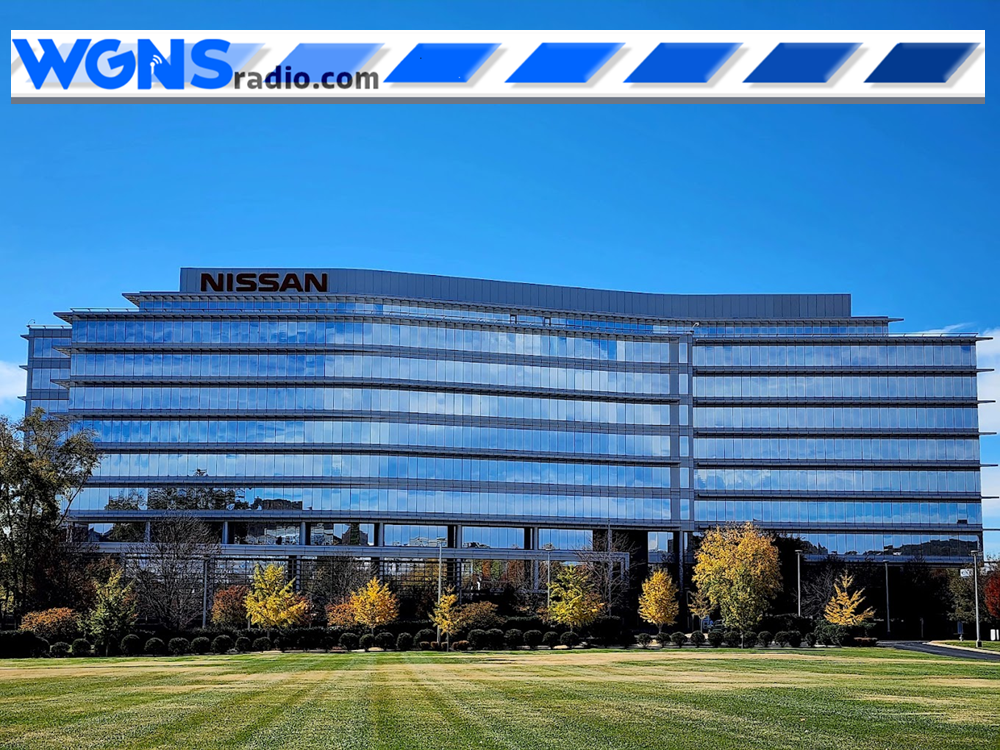Franklin, TN - On Monday (12/23/2024) Japanese automakers Nissan and Honda have announced plans to merge, potentially forming the world’s third-largest automaker by sales. Middle Tennessee would be impacted, because Nissan’s North American headquarters are in Franklin, and the larges auto assembly plant in the U.S. is just 25-miles away in Smyrna.This move comes as the automotive industry undergoes significant changes, transitioning away from fossil fuels.
The two companies signed a memorandum of understanding (MOU) on Monday, with smaller Nissan alliance member Mitsubishi Motors Corp. also agreeing to join the talks on integrating their businesses. Officials forecast that a merger could create a company worth over $50 billion. Reports indicated a timeline of now until June, 2025 to create and negotiate the details of the merger, with the goal of finalizing plans and merge a year later, August, 2026.
In today’s competitive automotive market, such a merger would enable the new partners to work together on the increasingly important areas of storage batteries as well as software.
Initial reports say that the different auto manufacturers involved would be operated under a holding company.
Last month, Nissan announced that it would cut 9,000 jobs, or about 6 percent of its global workforce, and reduce its global production capacity by 20 percent after reporting a quarterly loss of $61 million. Nissan recently reshuffled its management, with CEO Uchida taking a 50 percent pay cut and acknowledging the need for Nissan to become more efficient and responsive to market changes.
Together, Honda, Nissan, and Mitsubishi would gain the scale needed to compete with industry giants like Toyota Motor Corp. and Germany’s Volkswagen AG. Toyota, for instance, has technology partnerships with Japan’s Mazda Motor Corp. and Subaru Corp. Even after the merger, Toyota would still hold the top Japanese position, having manufactured 11.5 million vehicles in 2023. The combined output of Honda, Nissan, and Mitsubishi would be around 8 million vehicles.
Nissan has faced challenges following a scandal involving its former chairman Carlos Ghosn, who was arrested in late 2018 on charges of fraud and misuse of company assets. Ghosn, who denies the allegations, was released on bail and fled to Lebanon in the Middle East.
From Nissan, Honda could benefit from truck-based body-on-frame large SUVs like the Armada and Infiniti QX80, which Honda currently lacks. Nissan also has extensive experience in building batteries, electric vehicles, and gas-electric hybrid powertrains, which could aid Honda in developing its own EVs and next-generation hybrids.
Uchida expressed optimism about the merger, stating, "We anticipate that if this integration comes to fruition, we will be able to deliver even greater value to a wider customer base." However, Fitch Ratings recently downgraded Nissan’s credit outlook to "negative," citing worsening profitability due to price cuts in the North American market.
The merger reflects a broader industry trend towards consolidation. At a routine briefing, Cabinet Secretary Yoshimasa Hayashi refrained from commenting on the specifics of the automakers' plans but emphasized the need for Japanese companies to remain competitive in the rapidly changing market.





